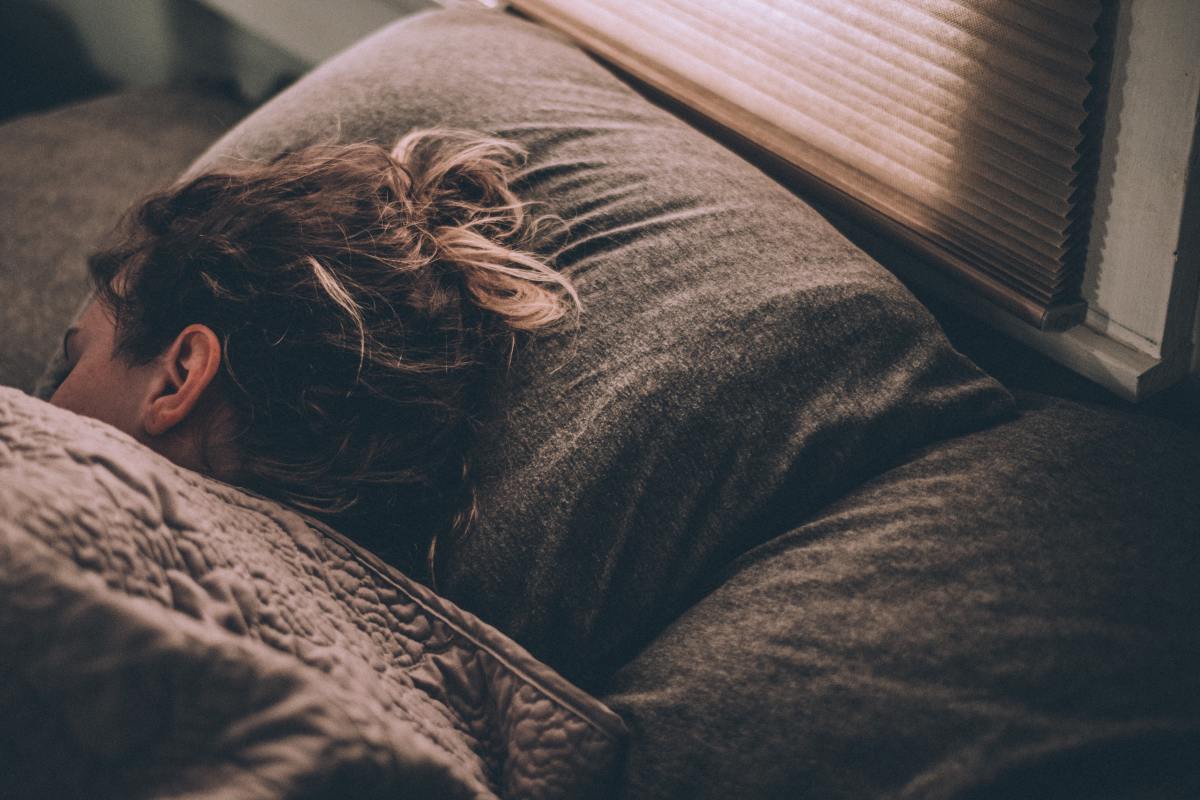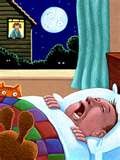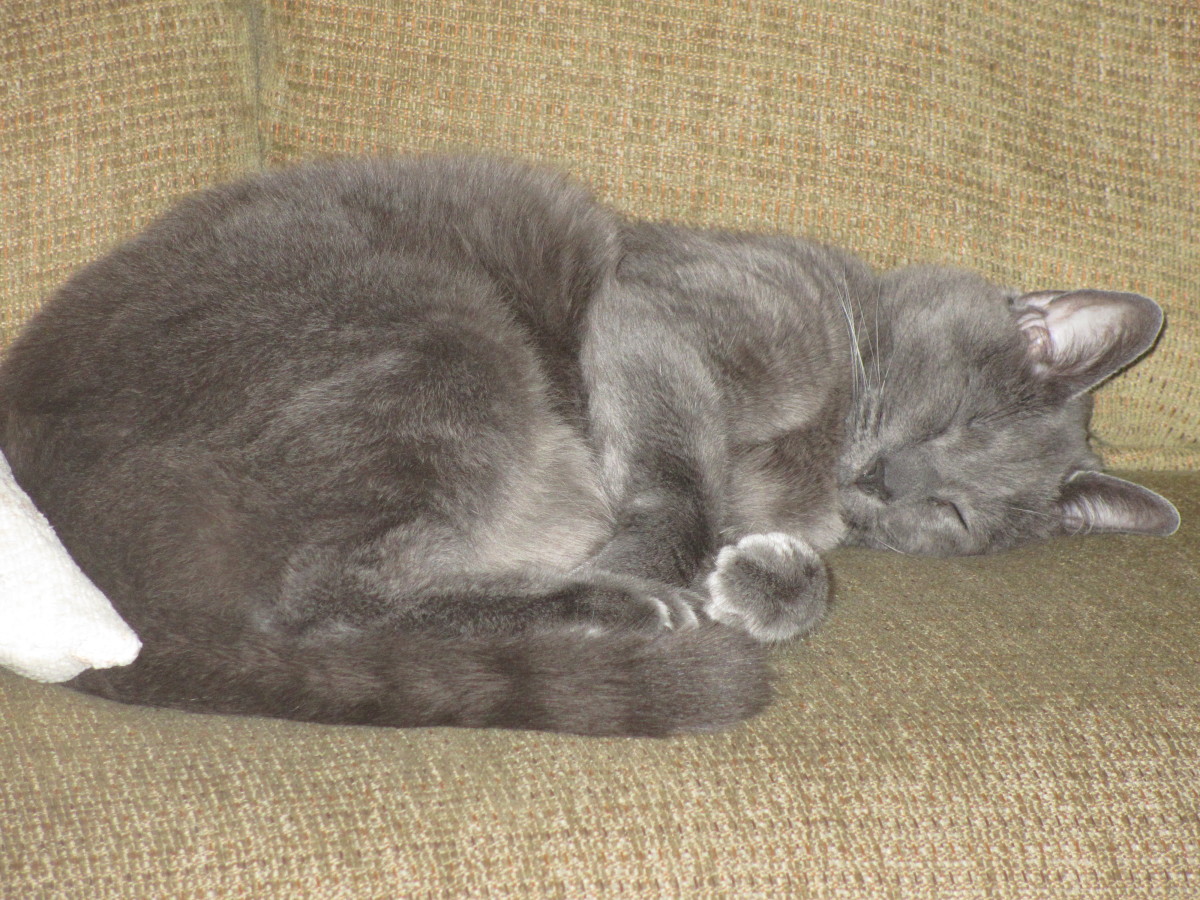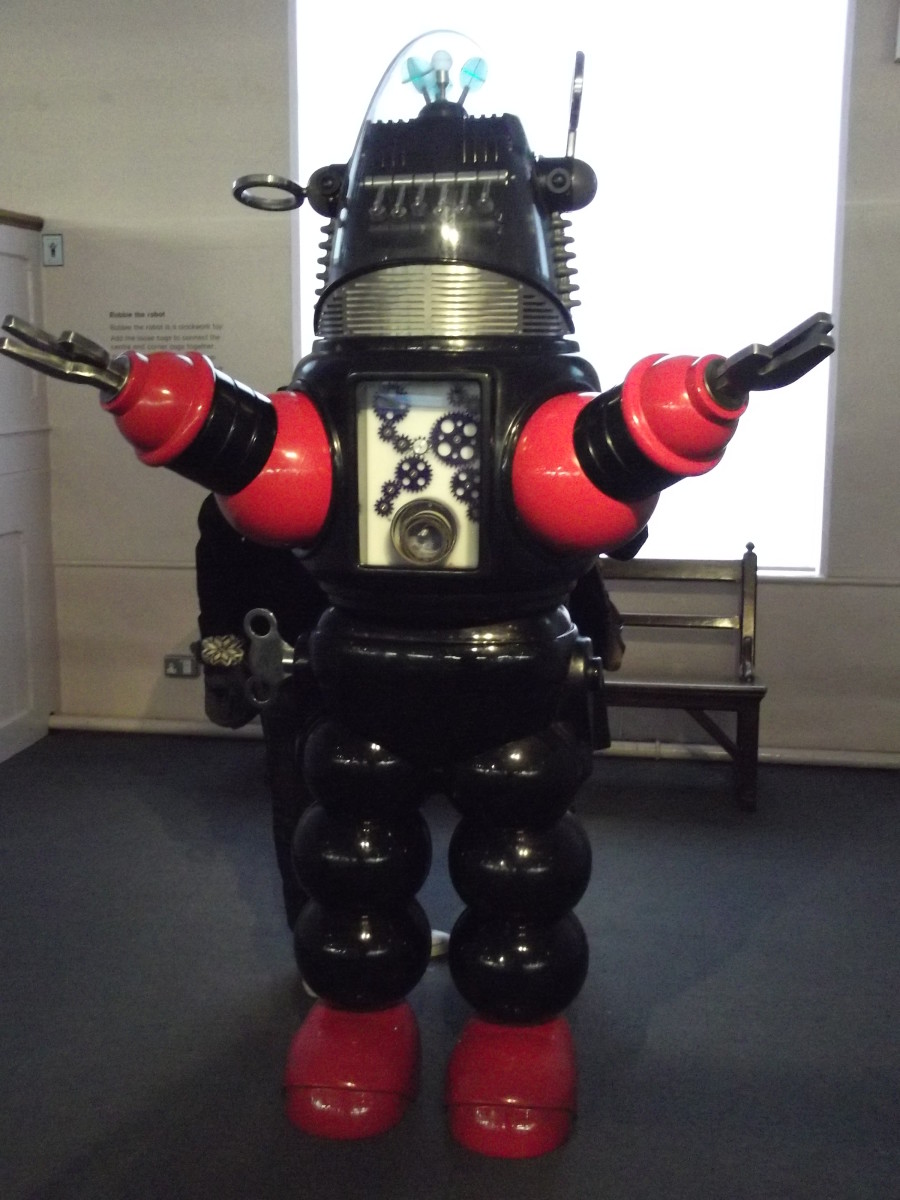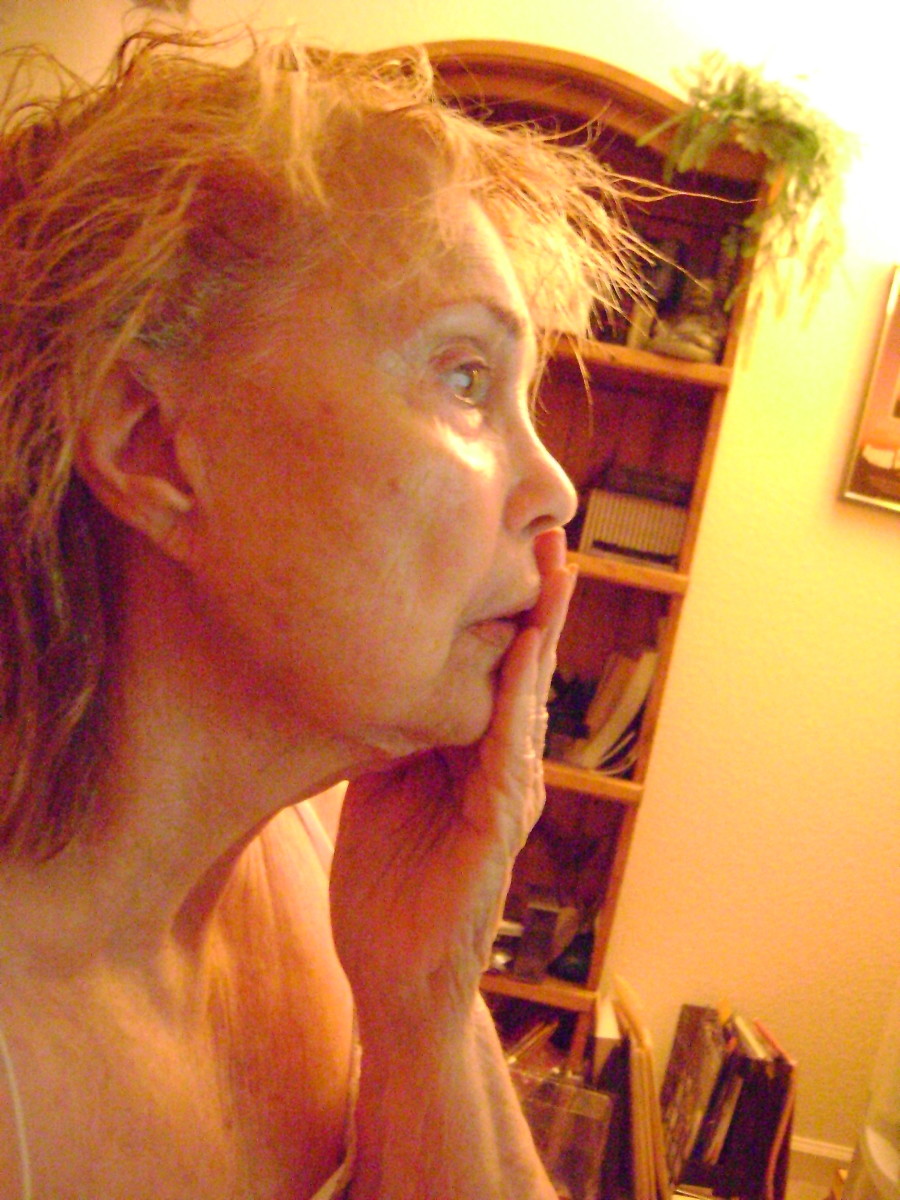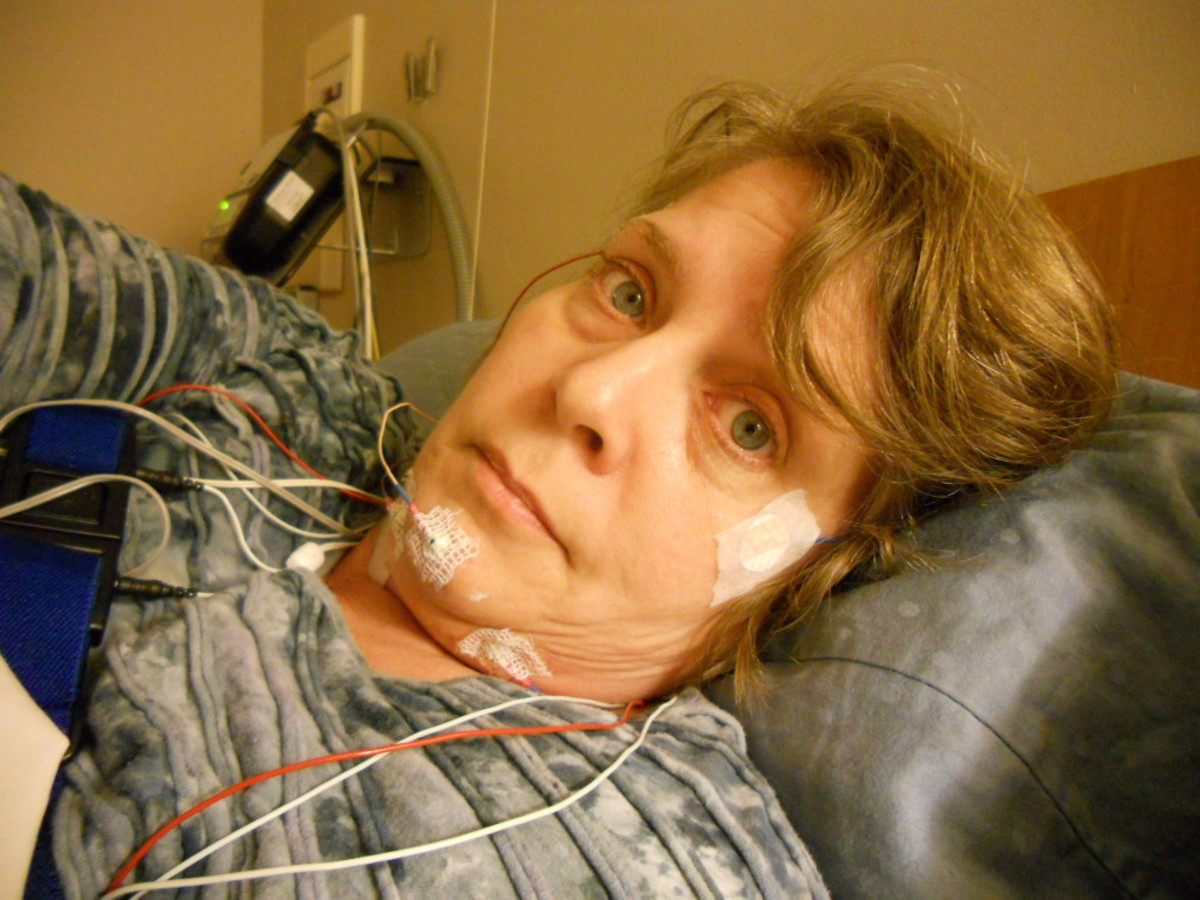Sleep Apnea - Getting A Diagnosis
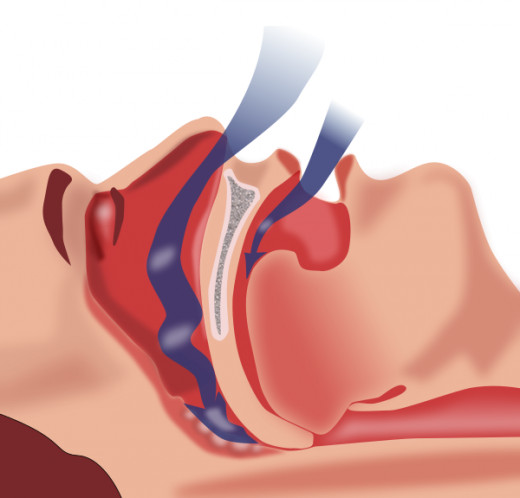
What is Sleep Apnea?
One of the most common sleep disorders is sleep apnea, but what is sleep apnea? It is a chronic condition where an individual has pauses in their breathing or has an abnormally low breathing rate during sleep.
The pauses are called apnea and can last from a few seconds to several minutes. They can occur 5-30 times or more times per hour. When normal breathing restarts again, there will sometimes be a loud snort or choking sound.
African Americans, Hispanics and Pacific Islanders more commonly develop this condition than Caucasians. A family history is another important risk factor.
What Happens When Breathing Stops?
Sleep apnea is a chronic condition that disrupts your sleep. Of course, the result of sleep apnea is poor quality sleep, which means you will be tired during the day, and it is the leading cause of excessive daytime sleepiness.
Sleep apnea often goes undiagnosed. It really isn’t a condition that can be diagnosed in a routine doctor visit. If a doctor suspects you have sleep apnea, he will order a sleep study test.
There is more than one type of sleep apnea with obstructive sleep apnea (OSA) being the most common. This means the airway is blocked or collapsed in some fashion during sleep, which may cause very shallow breathing or pauses in your breathing.
Since your body is trying to breathe in any air that squeezes by, loud snoring may be a result. When you stop breathing and your blood oxygen level gets too low, then stress hormones kick in. They raise your heart rate and blood pressure. Over time they can increase your risk of heart attacks or strokes.
Obstructive Sleep Apnea - Mayo Clinic
Sleep Apnea Types
Obstructive sleep apnea is more common for people who smoke, drink alcohol or who are overweight, but it can happen to anyone. It most commonly happens to men between the ages of 30 and 50.
However, it can happen to a small child with large tonsils and adenoids, or if the child is very obese. Roughly 4-9% of sleep apnea sufferers are middle-aged men, 2-4% are middle aged women, and 80-90% are never diagnosed.
One half of people with obstructive sleep apnea are obese. Other reasons for sleep apnea are an individual who has a larger tongue and tonsils. In contrast, a small framed person will also have a smaller mouth and throat, causing sleep apnea symptoms.
Central sleep is controlled breathing that sends the correct nerve signals to your breathing muscles. In this case the body makes no effort to breathe. This type of apnea can happen to anyone, but it is usually associated with individuals over age 65. Approximately 10% of sleep apnea sufferers have this type..
Sleep Apnea Symptoms
Symptoms of both types of sleep apnea:
- Restless sleep
- Daytime sleepiness
- Poor memory and concentration
- Headache in the morning
- Loud snoring
- Change in personality
- Frequent urination during the night
Sleep apnea is diagnosed by a test called polysomnography which is a diagnosed
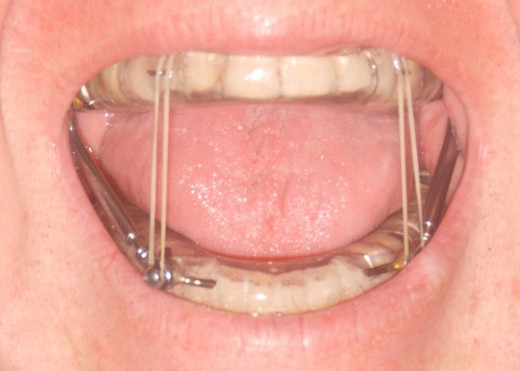
Components of Sleep Testing
During a test for sleep apnea physiologic sensors leads are placed on the patient to record several items, which include:
- Brain electrical activity
- Eye and jaw muscle movement
- Leg muscle movement
- Airflow
- Respiratory effort (chest and abdominal excursion)
- EKG
- Oxygen saturation
All the information is placed in a computer, which puts out a series of waveform tracings for diagnosis. Assigning a score for the test will assist in the diagnostic process.
There is a home test, which measures your heart rate, blood oxygen level, airflow and breathing patterns.
Therapy will be prescribed if these tests are abnormal.
Sleep Apnea and CPAP
Risks of Sleep Apnea
Untreated sleep apnea is dangerous, and it can increase the risk of high blood pressure, heart attack, stroke, obesity and worsen heart failure. Irregular heart beats are more likely, and the chance of having work related or car accidents is increased,
Sleep apnea is treated by lifestyle changes and/or sleep appliances. For overweight patients even a loss of 5% weight loss can help, and patients should avoid drinking alcohol in the evening. Oxygen is used with patients that have central sleep apnea, as there is no medication or cure available to treat sleep apnea.
Cpap Treatment or Surgery
Cpap sleep apnea is the most common treatment, which is a Continuous Positive Airway Pressure (CPAP) appliance. It is a nose mask that blows air by applying pressure from an air blower that forces air through the nasal passage airway worn during sleep to prevent airway collapse.
The air pressure is applied continuously, so there is just enough pressure to prevent collapse of the airway. This is generally effective, but many patients dislike wearing the mask.
Some of the side effects that may occur are nasal irritation and drying or the mucosa, facial skin irritation, abdominal bloating, mask leaks, sore eyes, and headaches. There are some dental appliances, which are sometimes helpful to reposition the lower jaw and tongue.
There are some types of surgery that are tried in some cases which might involve removal of tonsils, adenoids or part of the uvula. Sometimes there are repairs of bone or tissue but there are risks and sometimes it takes more than one surgical procedure.
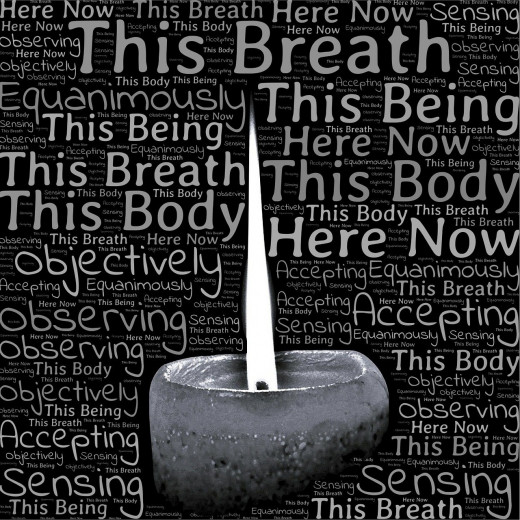
In Conclusion
I hope this article has answered your questions about sleep apnea. It is a serious, chronic disease, and it is important to get diagnosed, to know what the symptoms are and what type of treatment is available. Considering the number of people who are undiagnosed, it is important to pay attention to the people in your life so if you do notice the listed symptoms you can get some medical attention to treat the problem.
This content is accurate and true to the best of the author’s knowledge and does not substitute for diagnosis, prognosis, treatment, prescription, and/or dietary advice from a licensed health professional. Drugs, supplements, and natural remedies may have dangerous side effects. If pregnant or nursing, consult with a qualified provider on an individual basis. Seek immediate help if you are experiencing a medical emergency.

